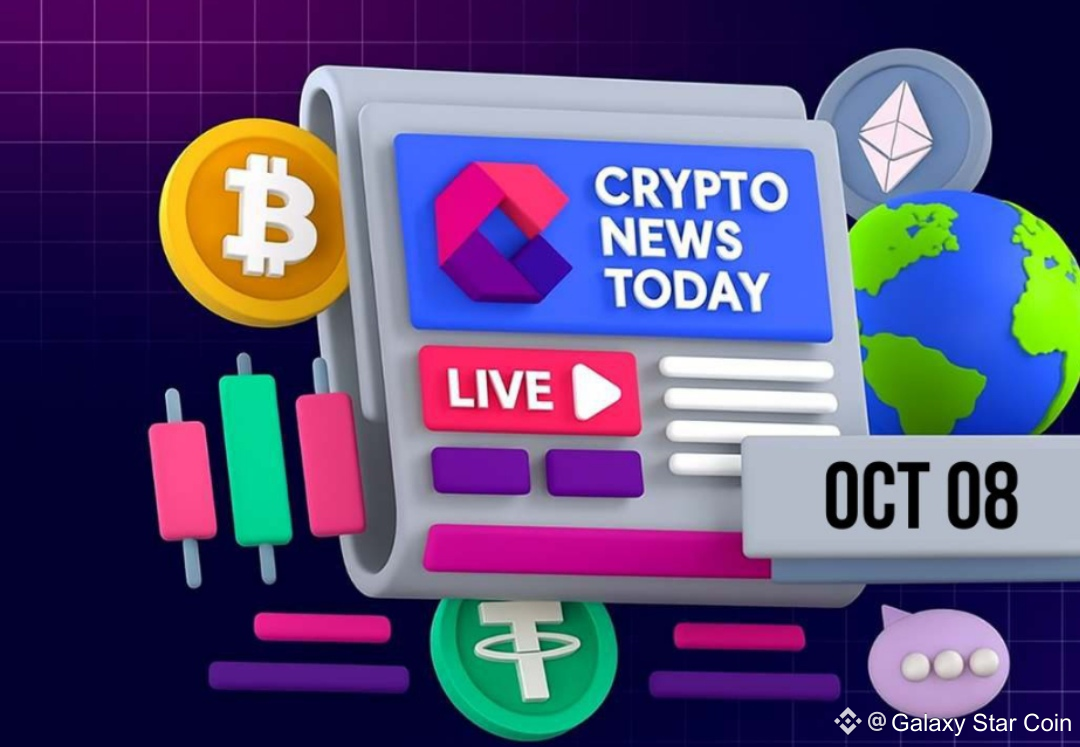As the crypto world evolves, a new battleground is emerging: tokenized stocks. These are blockchain-based tokens that represent shares of real-world companies. Though they hold immense promise for democratizing access to equities, regulators and investors are increasingly cautioning against potential risks.
🔍 What’s Going On?
A surge in platforms launching tokenized stock products has triggered concerns among financial watchdogs. These tokens, unlike traditional equities, often don’t carry investor protections like voting rights or guaranteed dividends. That raises questions: who’s liable if something goes wrong?
Moreover, the speed and complexity of crypto markets can magnify systemic risk, especially when tokenized assets interact with lending protocols, derivatives, or leveraged trading.
💡 Why It Matters
Accessibility vs. Protection: Tokenized stocks allow investors from anywhere to access global equities—but without the safeguards of traditional markets.
Regulators Are Watching: Authorities in the U.S. and Europe are scrutinizing whether tokenized stocks should be classified as securities and subject to stricter rules.
Potential for Disruption: If done right, tokenization could reduce friction in markets, enable fractional investing, and open new liquidity paths.
🧭 What to Watch
1. Regulatory moves: Will tokenized stocks be forced under securities laws?
2. Platform transparency: Will issuers disclose custody, audits, and governance?
3. Integration with DeFi: How will tokenized equities intersect with lending, staking, or derivatives?
As this sector unfolds, both opportunity and risk grow side by side.
#TokenizedStocks #CryptoRegulation #defi #BlockchainFinance #DigitalAssets
